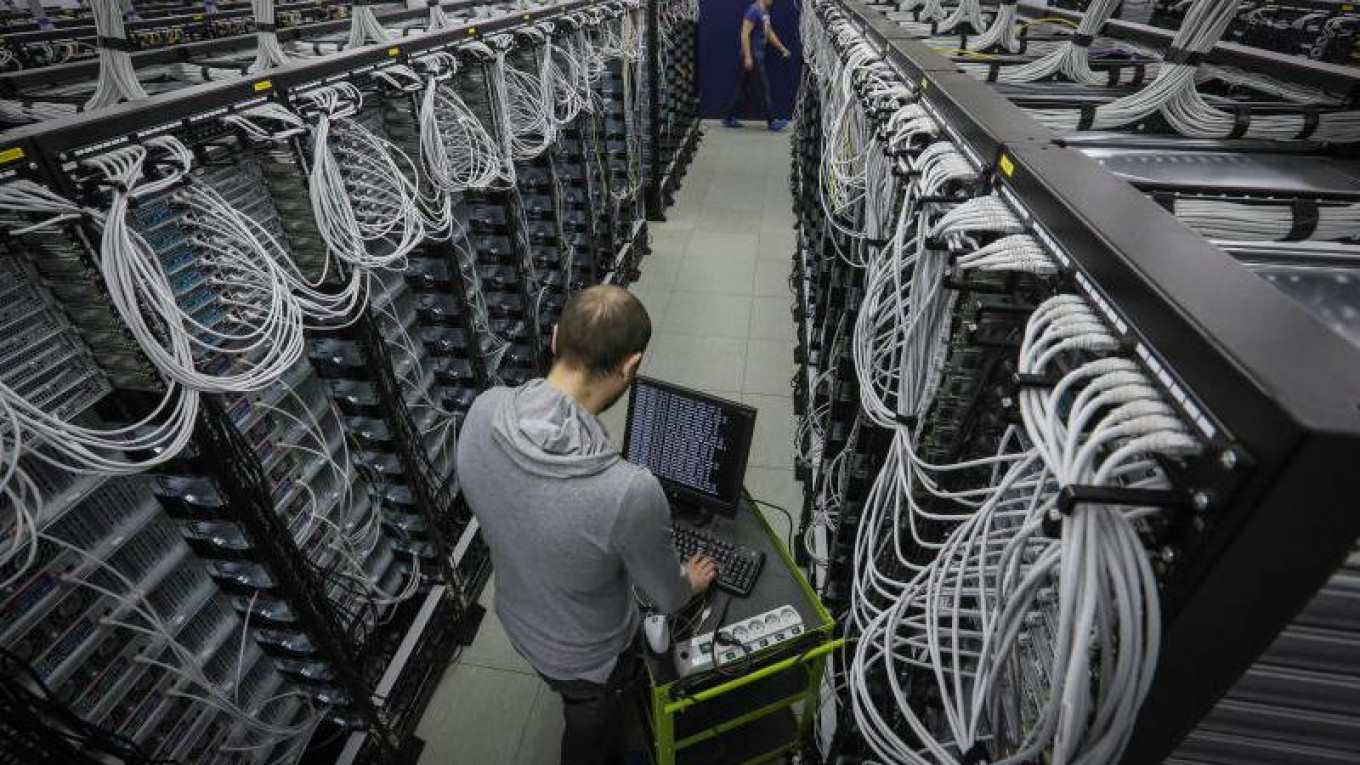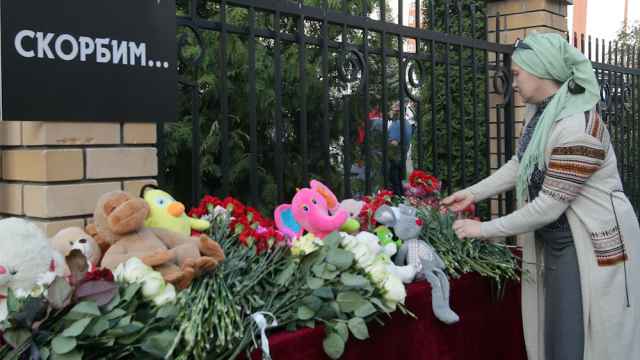You’ve probably heard about the projects. If you’ve been to the movies in the U.S. this summer, there’s a chance you saw Facebook’s advertisement about it. Silicon Valley has big plans to deploy aircraft around the world that are capable of beaming wireless Internet down at populations that currently lack access to the World Wide Web. If these companies send their drones over Russia, however, there’s a good chance they’ll be blasted from the sky.
At a government roundtable this week dedicated to Russia’s telecommunications industry, a representative from the state-run carrier Rostelecom warned that foreign Internet-sharing drones pose a national security threat, citing plans by the companies OneWeb, Samsung, and others.
“Ground operators might encounter problems. If foreign players win here, it could be an issue for [Russia’s] sovereignty. Whoever controls the information controls the world,” the representative said, according to the pro-Kremlin tabloid “Life.”
The Russian military will shoot down anything that flies into the country’s airspace illegally, government sources told Life. The state has other weapons at its disposal too, such as an arsenal of regulations against providing telecommunications services without a license and conducting “illegal business.”
Companies like Google and Facebook would also have to contend with the fact that many satellite Internet systems use frequencies that are reserved for government channels in Russia.
Even if U.S. companies could reach an agreement about frequencies with the Russian authorities, Moscow would almost certainly insist that all Russian web traffic passed through hubs accessible to federal law enforcement, a Russian satellite Internet operator told Life.
Earlier this year, President Vladimir Putin signed legislation tightening regulations on Russian telecommunications. The crackdown requires companies to monitor the content of calls and messages online and on the phone, making this data available to Russian police. The law also compels all Internet sources to tell the government how to decrypt any online information.
A Message from The Moscow Times:
Dear readers,
We are facing unprecedented challenges. Russia's Prosecutor General's Office has designated The Moscow Times as an "undesirable" organization, criminalizing our work and putting our staff at risk of prosecution. This follows our earlier unjust labeling as a "foreign agent."
These actions are direct attempts to silence independent journalism in Russia. The authorities claim our work "discredits the decisions of the Russian leadership." We see things differently: we strive to provide accurate, unbiased reporting on Russia.
We, the journalists of The Moscow Times, refuse to be silenced. But to continue our work, we need your help.
Your support, no matter how small, makes a world of difference. If you can, please support us monthly starting from just $2. It's quick to set up, and every contribution makes a significant impact.
By supporting The Moscow Times, you're defending open, independent journalism in the face of repression. Thank you for standing with us.
Remind me later.






